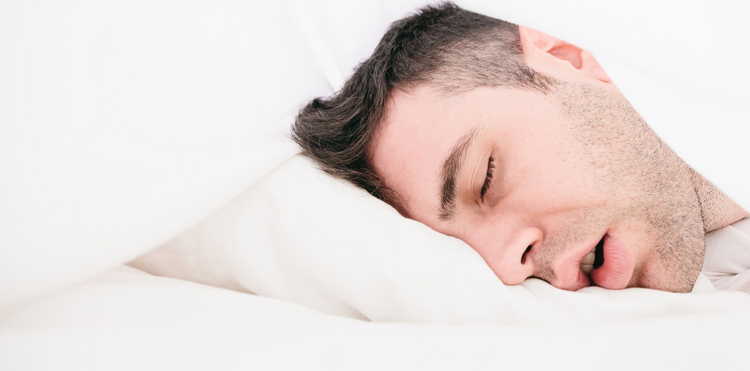
Early birds tend to eat less calories than night owls, new research suggests.
Scientific evidence suggests that poor sleep can affect the release of hormones (like ghrelin, leptin, and insulin), which regulate hunger and satiety. In studies that restrict sleep, people eat more calories, particularly from snacks. In light of this, Jawbone – makers of fitness and lifestyle trackers – has aggregated the data from hundreds of thousands of Jawbone UP users around the world to reveal:
- Users with earlier and more consistent bedtimes and longer sleep, log fewer calories the next day
- Early birds not only log less food but log better quality food
- Early birds tend to eat more veggies, fruits, high-fiber carbs, lean protein and heart-healthy fat
- Whereas night owls tend to consumer more caffeine, alcohol, refined sugars, processed carbs, processed meats, and saturated fats
- If you go to bed an hour earlier and did so more consistently for a year, in theory this could add up to 4-5 pounds (with no changes in activity)
Just 30 minutes more sleep a day can work wonders on your concentration, complexion and memory. So, what with it being World Sleep Day and all, how about treating yourself to an extra 30 minutes shut-eye? Your running could benefit as a result.






